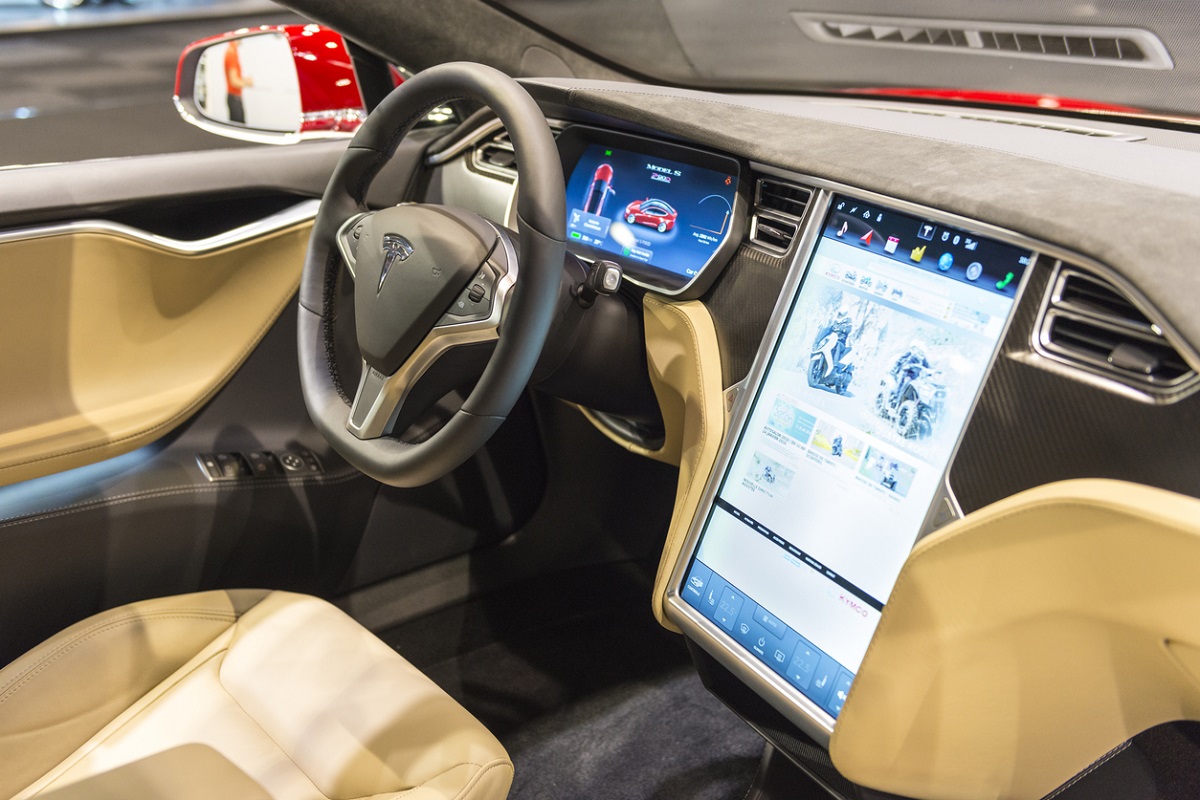Sep 11, 2019

Despite many myths, electric cars are as safe and easy to maintain as conventional cars. Like conventional cars, driving habits and conditions can impact how your electric car operates and vehicle range. Electric cars have been largely overshadowed by their more popular diesel and petrol counterparts, but this is starting to change.
We have put some tips together to help you maximise your all-electric range and to help decide whether an electric car model is for you.
Electric cars will undergo the same rigorous safety testing and will meet the same safety standards required for diesel and petrol counterparts based on the country they’re sold in. Electric Vehicle (EV) specific standards exist for limiting chemical spillage from batteries, securing the batteries in the event of a crash and isolating the chassis from the high-voltage system to prevent electric shock.
Electric car models have a lower centre of gravity than conventional vehicles. The good news about this is that they are less likely to roll over and it improves the driving quality. If you’re worried about how silent they are, manufacturers are looking at ways to improve this.
There are two types of electric cars, all-electric cars and hybrid models. Thus, due to their differing technologies, they have a different type of maintenance. Like any car, they will require maintenance. In this case, they require regular maintenance to their electric systems for parts such as their electric motor, battery and other electronics.
The good news is, all-electric vehicles will be lower maintenance than petrol or diesel models, because the car will not have things like engine oil or coolant needing changed. As well as this, they have far fewer moving parts. For hybrid models, they require the same maintenance as any petrol or diesel model will require.
Again, similarly to any car, they have been designed for life but will wear out eventually. Even though it may sound counter-intuitive, keeping your car’s battery fully charged could end up damaging it. Caused by the heat generated during the recharging process. Some models will stop charging when they reach their capacity. Overcharging can cause chemical changes inside the battery itself, having a negative impact on how it stores the energy. Things like temperature can affect the car’s battery and the range you can travel in.
However, the good news is that manufacturers are aware of the worries described by potential buyers over the longevity of the car’s battery. They now offer warranties tailored to all-electric vehicle owners. The Nissan leaf, for example, offers a battery warranty for up to five years or 60,000 miles.
Do you need your electric car serviced? Why not head over to MyCarNeedsA.com and get a quote from us today.